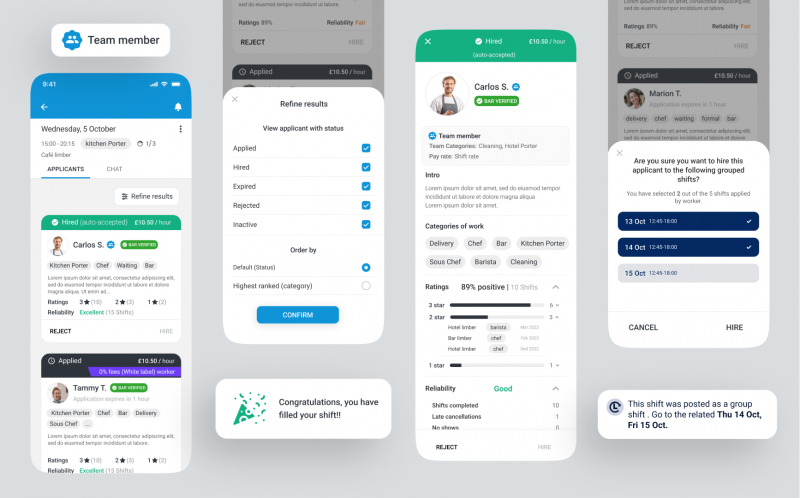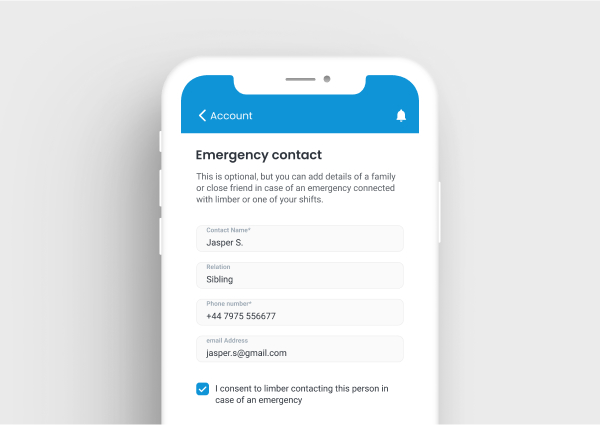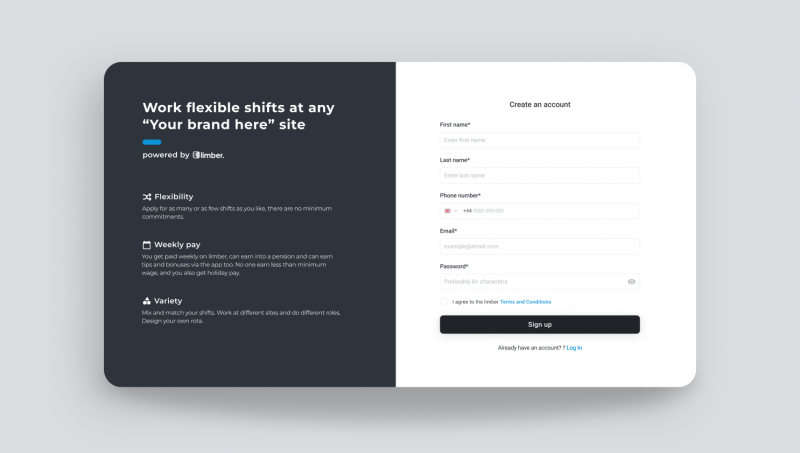Long hours and physical stress are widely acknowledged as being bad for our health, but in the current work climate it seems that gruelling hours and unreachable expectations are increasingly common. Everything we do outside of work, any time we allow for relaxation, hobbies, holidays or raising children is quietly judged as ‘lesser,’ than working a 9-5. You spent the day volunteering at a homeless shelter, but I sat at my desk for ten hours, so I’ve worked harder. Overworking has simply become an expectation within most sectors, and if you’re not up past midnight on a Sunday, desperately trying to finish a presentation for Monday morning, then you’re not doing it right.
More jobs than ever are geared towards the expectation that we’ll overwork to meet our targets. With more students than ever graduating university with a 1st or a 2:1, and more people waiting to take time off to have children until later in life, the working world is becoming increasingly competitive. Most of us are terrified to say no when allocated a task, in fear that our ever obsessive, time defying, ‘always on’ co-worker will swoop in and steal the job you worked so hard to get.
Employees are attempting to maintain responsibilities that twenty years ago, would have been allocated between three, and technological advances mean that we never truly switch off. Far too many of us think success means to stay in same job for fifty years, after all it’s the respectable, commendable thing to do and it usually allows you a couple of promotions and a decent pension. You start as an intern at 19 and stay until your depressing retirement party in which you’re forced to graciously thank everyone for the hideous present, they all chipped in for. But does it really have to be this way? It’s apparent that the world of work in broken, so why are we so insistent on maintaining it?
Compare this to Denmark for example, recent studies found that the Danish enjoyed a staggering 16.1 hours of leisure time a day, with only 2% of people feeling as if they spend too much time at work. That’s 16 whole hours devoted to spending time with family, wine-soaked dinners with friends and getting on top of that washing pile that just never seems to end. They have some of the world’s highest standards of employee safety, fair salaries and one of the shortest hourly working weeks, and yet the Danes are among the most productive and hardworking forces in Europe.
Scandinavians have a word, ‘arbejdsglæde’ which specifically means ‘happiness at work’.
Most agree that the key to leading such a well-balanced lifestyle is down to just two things, autonomy and empowerment, which in turn results in satisfied and conscientious workers who genuinely enjoy their job.
So, here are our top five way to improve your work life balance:
1.Use your calendar
We’re great at planning our time at work, but not so good at scheduling down time. It doesn’t have to be anything mind blowing, but just creating time to go to the gym, or to meet a friend for coffee can massively boost productivity at work, while also looking after your wellbeing.
2. Become a Slashie
Over 320,500 people are already working more than two jobs, and that figure is set to rise. People are embracing a flexible ‘gig’ economy, choosing to pursue their passions, and earn some extra money while they’re at it. By maintaining more than one career, you can relax in the knowledge that not everything you know, and love hangs in the balance of a single job. It’s the ‘don’t put all your eggs in one basket’ mentality.
3. Take regular breaks (and go outside)
This may sound simple, but it’s estimated that a staggering 40% of people each lunch at their desks. Lunch is the perfect time to give your brain a break, and to socialise, and it’s important to take every opportunity to recharge and relax, we promise you’ll feel happier and more productive, afterwards.
4.Try something new
If you’re the kind of person who struggles without a goal to work towards, why not pick up a new hobby? Putting your energy into learning a new (fun) skill can relieve stress and take your mind off work. The crazier, the better we say.
5. Learn to say no
That right, the dreaded word that we’re very unfamiliar with. Saying ‘no’ is something that most of us avoid, but definitely need to practice. If your employer asks you to complete a task, they’re giving you the opportunity to say no, so take it! Saying yes to everything won’t increase productivity and your work could suffer in the long term.
So, there you have it. The perfect work life balance is not just a pipedream, after all.




